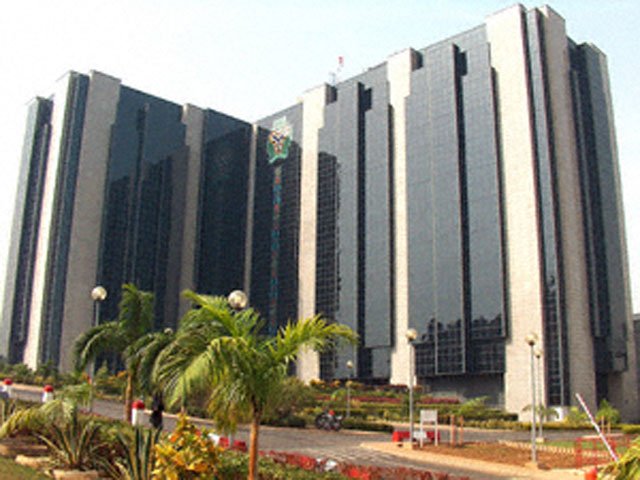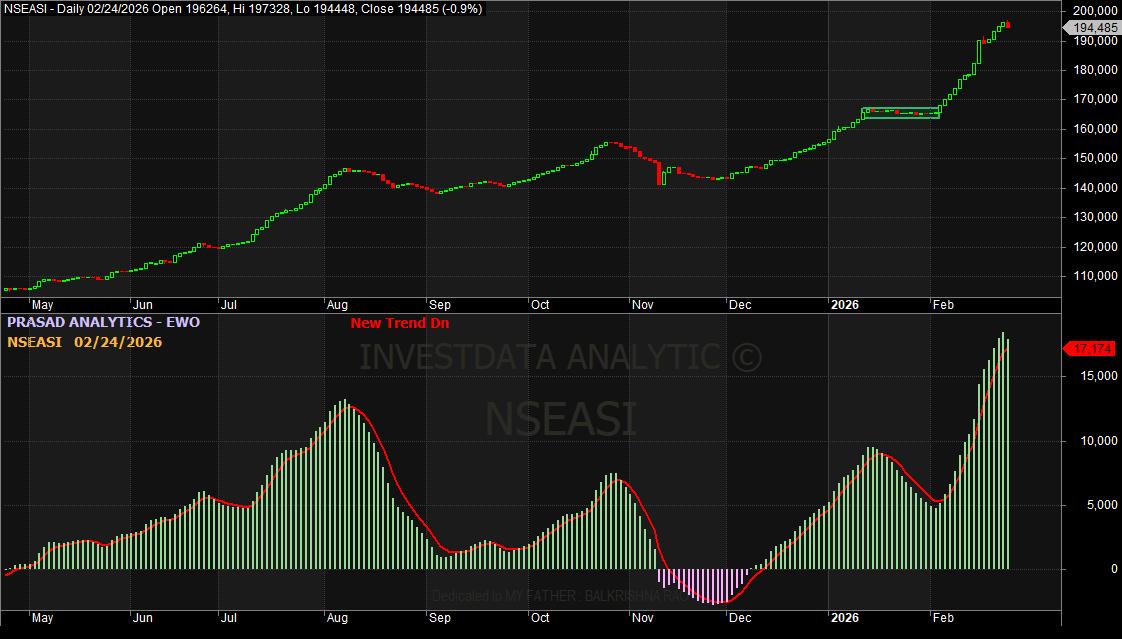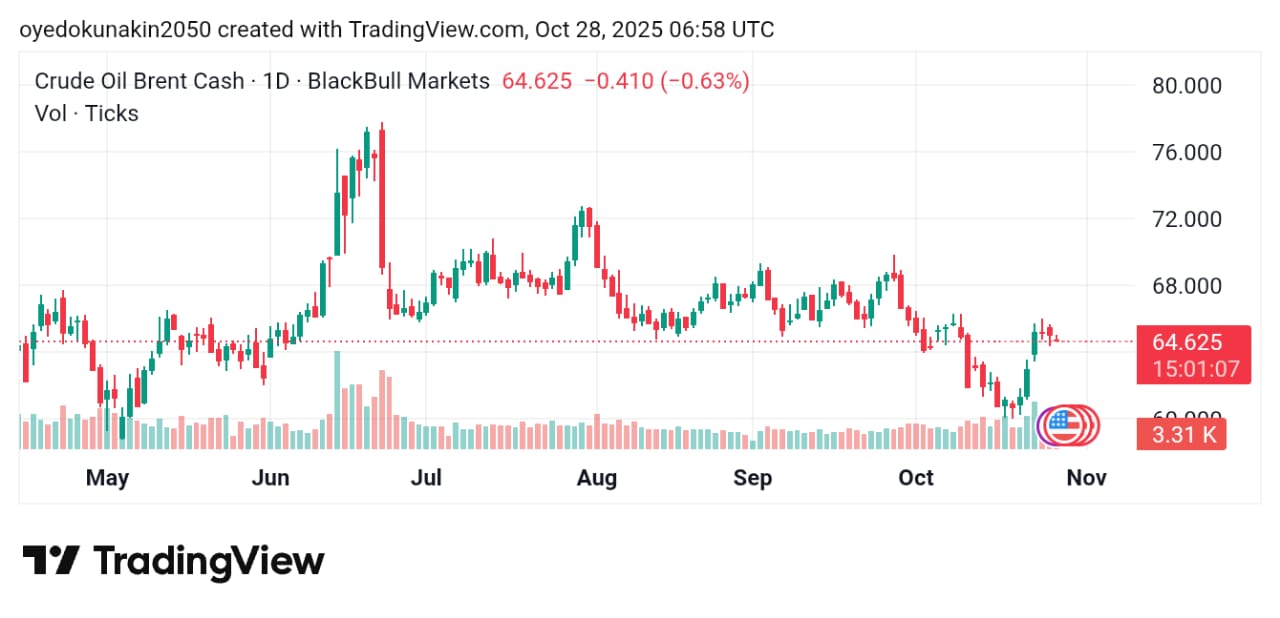
• Mulls Capital Raise For MFBs
• Banks Get Mar 28 Deadline On Unfit Currency Notes
• Says NPLs Decreasing
Following the continued outcry over excess bank charges, the Central Bank of Nigeria (CBN) said its Consumer Protection Department CPD has so far recovered and refunded over N55bn paid by customers.
Isaac Okorafor, acting director of the CBN’s Corporate Communications Department disclosed this in a tweetchat on Monday where he fielded questions from Nigerians through the Ashtag #GrowthNG.
Investdata News recalls that the CBN’s CPD recently directed banks and other financial institutions to settle customer complaints on issues of excess overcharges, unauthorized deductions and other matters within two weeks.
Tajuden Ahmed, head of the department had told the News Agency of Nigeria that the CBN would ensure that bank customers get redress on issues of charges and unauthorized withdrawals, in line with its guidelines to banks dated August 16, 2011.
Restating the CBN’s resolve on the issue, Okorafor said: “customers who feel aggrieved by any charge should protest to the bank (concerned) and if not satisfied should write to cpd@cbn.gov.ng or call 07002255226.”
The CBN spokesman also spoke of plans to raise the minimum capital for microfinance banks operating in the country as part of efforts to ensure that the sub-sector players are further strengthened to play their role of helping to grow and develop the fledgling microfinance sector of the economy.
Reacting to suggestions of on the issue, he said the apex bank is currently “looking at stronger capital base for MFBs. We believe that viable banks are required at this level to promote financial inclusion and micro and small enterprises.”
On the timing, Okorafor assured also that “as soon as a decision is taken on this, it will be made public.”
He also assured that the ongoing and regular intervention in the foreign exchange market, which has so far produced desired results would continue “to maintain stability and to provide forex to businesses (liquidity).”
The CBN, he said also plans to sustain the Anchor Borrowers Programme (ABP) in the agric sector with a second model that would involve commodity associations, “beginning with rice farmers for 300,000 farmers that will add two tons of rice to national output.”
While employment is not one of its direct mandates, he said the CBN has funded agric and industrial sector to reduce unemployment, through the ABP, MSME, Youth Entrepreneurship Development Programme, Accelerated Agric Development Scheme (AADS), among others are geared towards funding the rural sector for job creation.
He listed key success factors of economic growth in 2017 to include a “more prudent use of (Nigeria’s) forex reserves, vigorous funding of food production and manufacturing by the CBN, introduction of a more flexible forex market, especially the I&E (Investors and Exporters) Window.
Helped by the improved macroeconomic environment, he said non-performing loans among banks “are actually decreasing as we speak,” but assured of plans by the CBN to continue monitoring the development closely “and to take all the measures to ensure financial stability.”
On the outlook for 2018, he urged Nigerian to expect a better year than 2017, especially as “all the indices are positive: Better Oil price regime. Better growth figures expected, Inflation is trending down, and the exchange rate is stable. These are the markers of economic health. So the CBN remains positive.”
Added to this are factor such as the nation’s sustained production of rice especially, “growth in the Capital Market; increase in Dollar inflows; a stable Naira arising from better reserves levels.”
This year also, he expects the ongoing Agent Banking project to help rural people operate accounts without having banks physically present; just as Mobile Money would allow them receive and pay money also without having a bank account.
“The various interventions of the CBN such as MSME, AADS, Anchor Borrowers’ Programme, all these ensure that people at the grassroots, farmers, artisans, etc open accounts to be able to access the loan and are brought into the formal financial services system to reap benefits,” Okorafor stressed.
On the scarcity of clean notes of lower denominations, the CBN spokesman said such “have greater velocity of circulation, meaning they are frequently in use and get abused. Several factors account for the existence of worn out notes: The abuse mentioned above and the attitude of banks who fail to return them for reissue is another.
To solve the problem, he said, the CBN has opened a window for banks to return N50 to N5 denominations for processing at N1000 per box, instead of N12,000 per box, between January 2 and March 28 this year.
“The waiver in processing is to encourage banks to return unfit notes for reissue,” he stressed.
Contrary to what is being portrayed in the public, he said the CBN has “enough lower denomination notes to go round. Banks have merely recirculated unfit notes because they do not want to bear the little cost of sorting the notes and bringing the unfit ones to the CBN for reissue. Very soon we will announce a more permanent solution.”












